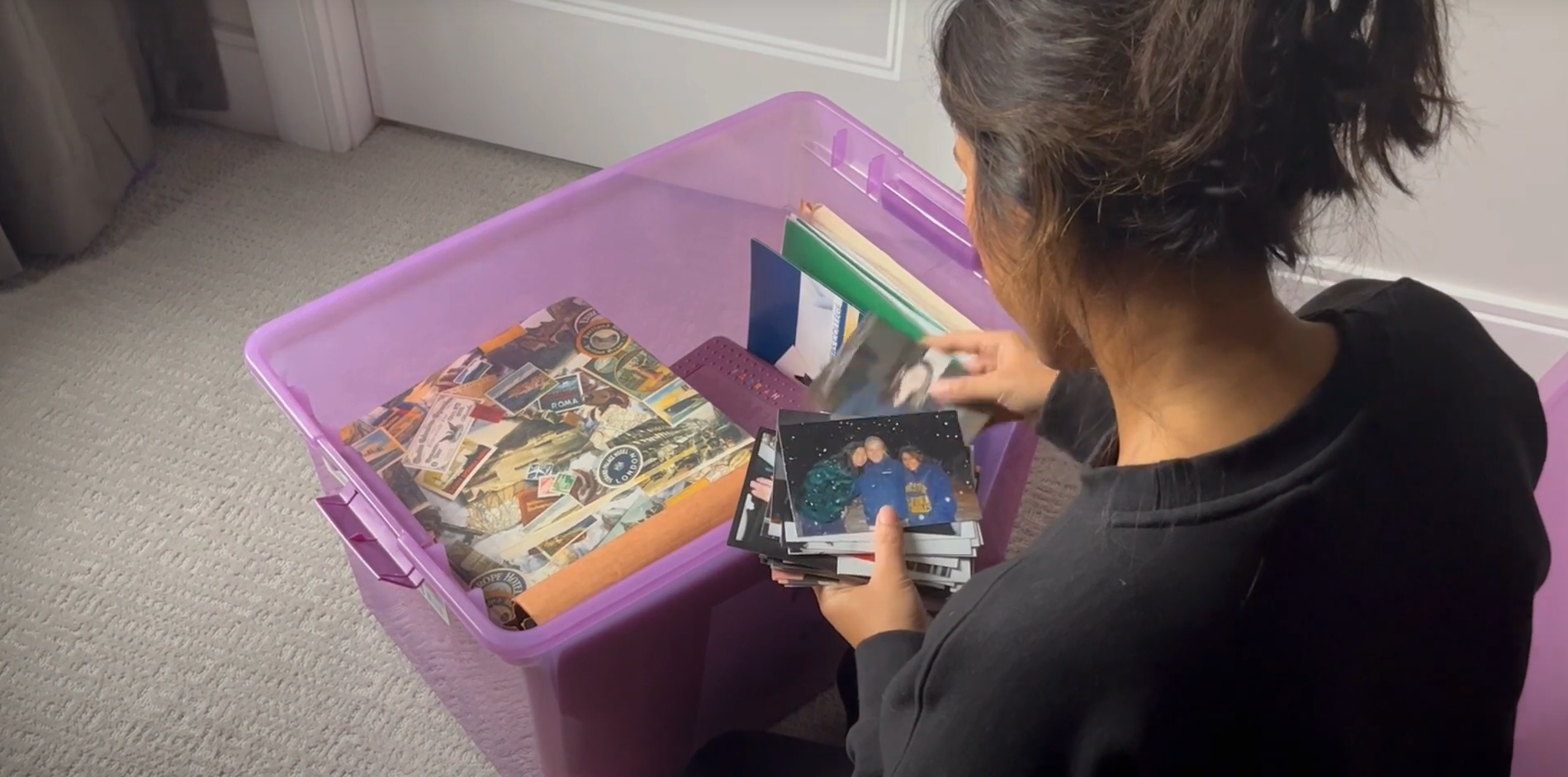Farrah Dalal was one of the speakers who participated in our "Quiet Activism and the Psychosocial Impacts of Female Genital Cutting" webinar. Watch a recording of the event here.
By Farrah Dalal
Sharing my story and participating in events to uplift the cause of ending FGM/C always leaves me with feelings of physical heaviness afterwards. Normally, I would take this time to do some self-care, a nourishing meal, a comforting TV show, or a mindless walk through the grocery store. Today, I wanted to describe what I am feeling and release some of this tension through writing.
As the years have passed, the topic is one that energizes and exhausts me at the same time. I wanted to expand on this, because as an activist and a survivor these two roles are often at odds. It’s hard to do the work, when the work still brings up so much emotion. I have difficulty deciding what to do with myself when the physical symptoms are present, and you realize how much pain the body stores. Giving myself permission to rest after these experiences has been very helpful for me.
During the webinar, I touched a lot on the theme of duality and living as two different people. I think almost anyone can relate to this concept and has experienced it at some point in their lives. For me, in my story, I talked about how exhausting it is to live this way and I had been doing that for the majority of my formative years.
I am still actively doing the work of integrating these two separate people. A few years ago, I read Know My Name: A Memoir, Chanel Miller’s memoir. For many years she was known as “Emily Doe” in the media during the Stanford swimmer Brock Turner’s sexual assault trial before deciding to come forward about her experience. The book was beautifully written, as she discusses the psychosocial impacts that manifested after the incident.
I cried several times while reading it. I saw my younger self reflected in those pages, trying to grapple with who I was and what was being done to me. She so eloquently declares that coming forward – knowing her name – was a part of reclaiming herself and her lost identity – that she was still Chanel. That this was only one part of her, one bad thing that had happened, that shouldn’t erase all of the good things or the good things to come in her life. I couldn’t believe how similar our experiences and our “A-ha” moments were.
This is around the time that I had decided to also “come forward” and share my story with my name and photo as part of my own healing journey through the “Voices to End FGM/C” project in 2022. No doubt, it was unnerving to share my story publicly. I thought about someone “Googling” me and this very well may be the first thing that comes up – something so personal and private – out there for the whole world to know and judge me for.
At the same time, my passion for ending this practice takes precedence and the other things seem so small in comparison now. I can understand other survivors could be fearful and hesitant, or “feeling stuck” about sharing their experiences. It took a very long time for me to reach this point of openness, and I think having my own children greatly contributed to my having more of a public role in advancing the conversation to end the practice.
When my story was released, the weight of what I had been carrying alone for so many years was lifted. Putting it out there was something I not only felt compelled to do, but needed to do for myself. It felt like, “now this is not just my responsibility, but your responsibility too. Here is my name and face and my personal experience and it matters. I am not from a faraway or fictitious land, I am your real family member, friend, neighbor, colleague – a citizen of your community.”
To echo what was shared in the webinar, yes, we need to end this practice in our communities, AND there are still hundreds of thousands of survivors who live among you and need affirming care. When I shared my “Voices” video the amount of support and acknowledgement I received was deeply healing, and even a quiet “thumbs up” or “heart” made me feel seen. I will continue to do the work that honors me. I’m not entirely sure what that will always look like – some days it may be loud, and others it may be quiet – but it will always be a part of my new identity that is still forming.
Related:

